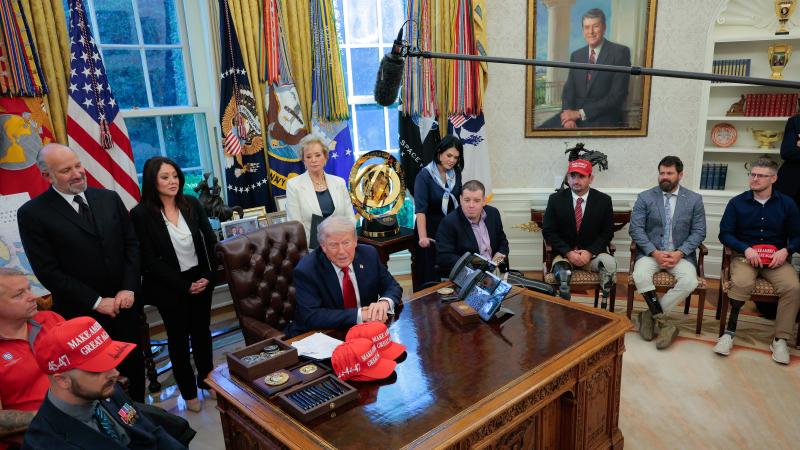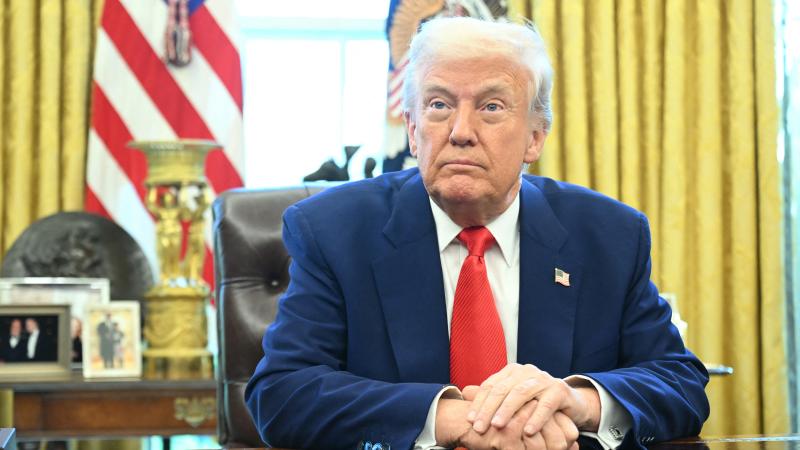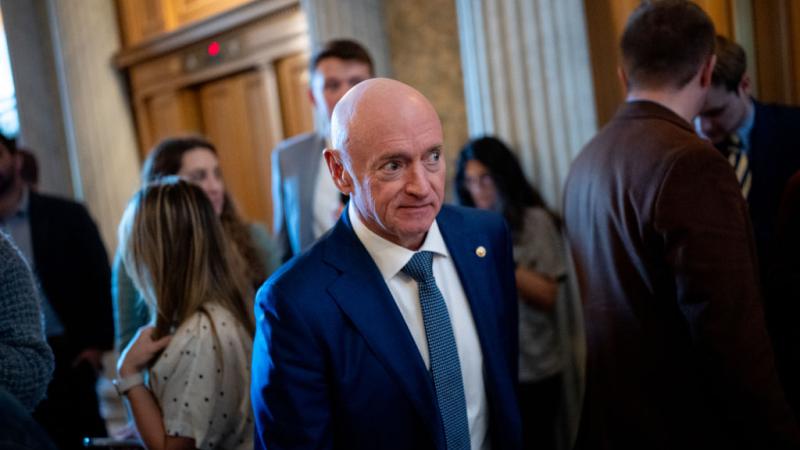Energy Secretary’s disastrous EV publicity stunt wasted tax dollars, didn’t follow rules: report
The report found the total cost of the 42 travel vouchers used in the ill-fated road trip was $124,824. The total amount by which lodging expenses exceeded per diem rates was $9,488, with excess costs per traveler ranging from $50 to $634 per trip.
Energy Secretary Jennifer Granholm set out in September 2023 to demonstrate that drivers would love taking road trips in electric vehicles, hoping to bolster the Biden-Harris administration’s forced transition to EVs. The whole trip turned into an enormous public relations blunder, and now, a new inspector general report shows Energy Department staff exceeded per diem rates, travel expenses exceeded authorized costs, and failed to justify deviation from travel policies.
At the time of the road trip, automakers were retooling their processes to produce millions of EVs to satisfy President Joe Biden’s electric vehicle mandates, and many believed gas-powered cars were on their way out. Granholm wanted to promote the Biden-Harris EV agenda and show Americans that EVs were the cars to drive.
Instead, Granholm highlighted just how inadequate charging infrastructure is. Faced with limited charging options, an Energy Department staffer tried to hold a charging spot at a station in Georgia by parking a gas-powered car in the bay, NPR reported. One of the EVs that was prevented from charging in the bay on the “sweltering” day held a family with an infant. They ended up calling the police.
It turned out that the sheriff’s office couldn’t do anything, according to NPR, as it wasn’t illegal in Georgia to park a non-EV in a charging spot.
Tips and per diem
The fiasco produced a lot of bad press for Granholm, and in January 2024, the House Committee on Oversight and Accountability requested the Inspector General do a review of the travel expense reimbursements related to the EV road trip.
According to the report, travel vouchers for the grip exceeded per diem rates. Some travel vouchers exceeded 15% of the authorized costs. Some of Granholm's entourage didn’t use government-issued travel cards, as is required.
The report found the total cost of the 42 travel vouchers used in the ill-fated road trip was $124,824. The total amount by which lodging expenses exceeded per diem rates was $9,488, with excess costs per traveler ranging from $50 to $634 per trip.
In a statement to Just the News, a DOE spokesperson noted that the lodging expenses for the trip were allowable under federal regulations, and there was no misuse of government travel cards.
“While the Department agrees that some individual travelers could have responded more clearly to these system-generated flags, this issue does not represent noncompliance with federal travel rules, and certainly does not indicate that associated travel costs are unallowable,” the spokesperson said.
Per diem is an allowance for lodging, meals and incidental expense amounts established by the U.S. General Services Administration. The investigation found that 86% of the travel vouchers used in Granholm’s road trip used lodging exceeding the government per diem rates. One traveler, according to the report was reimbursed $409 above the allowed per diem rates for a single trip.
Alternative lodging
The travelers could have, the report states, used nearby hotels to reduce costs to taxpayers, but DOE officials said they had difficulties finding hotels with functioning chargers onsite or near the hotel. The report, however, found that there were nearby hotels at each location where travelers could have had lower costs than those of the hotels that had EV chargers.
“In fact, we identified numerous alternative hotels in each of the four states, which were less than a mile away from the chosen hotels,” the report states.
The inspector general also identified seven travel vouchers whose travel expenses exceeded the 15% of the authorized costs, and the expenses weren’t paid with government-issued travel cards, as is required. Two travelers told the inspector general they forgot their cards at home. They report also found 15 instances in which travelers exceeded the allowed tip of 15%.
The report also noted that justifications for these policy deviations were inadequate. One traveler who used cash instead of their travel card only stated “authorized” on report forms. Several justifications for exceeding per-diem rates declared the costs were “mission essential” or “mission critical.”
The DOE spokesperson said that there were a number of reasons for these issues. For example, when traveling in larger groups, appropriate rooms are not always available at the per diem rate for all travelers. According to the report, total lodging costs were approximately 8.2% higher than the per diem rates.
By not using government-issued cards, there were discounts lost, but these totaled approximately $51, the spokesperson pointed out. The excess tips totalled $22.49, but the department agrees these were not fully reimbursable.
The report concludes with two recommendations — adequately review travel authorizations and vouchers for accuracy of travel expenses and training on federal travel regulations.















